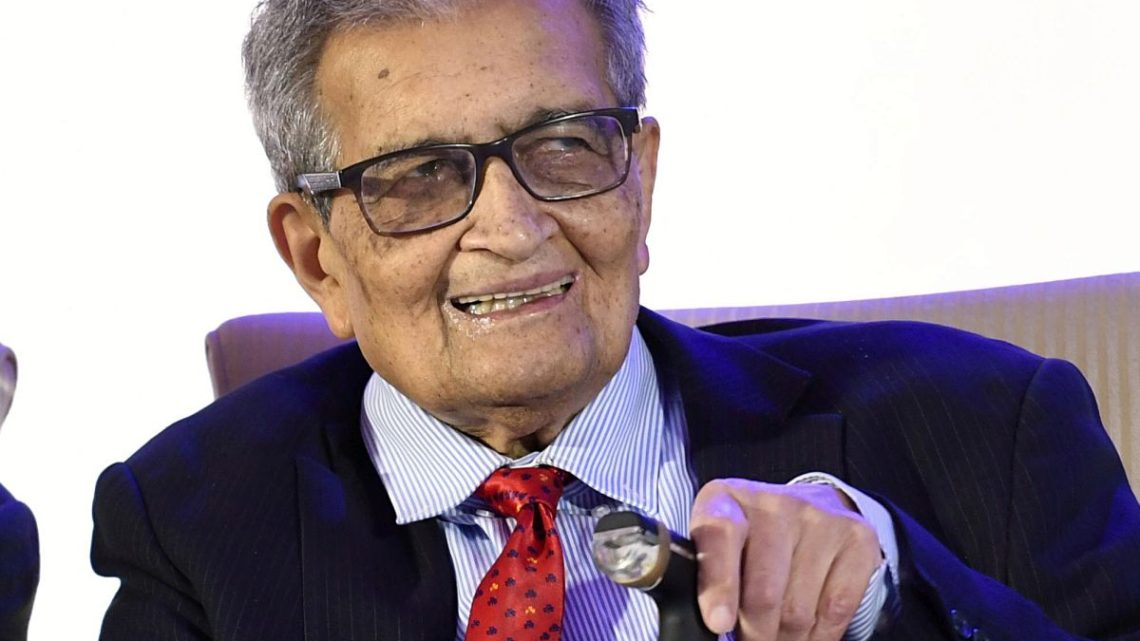
Nobel Laureate Amartya Sen Condemns Modi’s Anti-Muslim Remarks
July 1, 2024Nobel Laureate and Harvard Professor Amartya Sen has strongly condemned Indian Prime Minister Narendra Modi for his derogatory remarks about Muslims, labelling them as hate speech and demanding an apology to India’s 200 million Muslim citizens. In a recent interview, Sen, an esteemed Indian economist and philosopher, criticized Modi’s comments equating Muslims to “infiltrators” during an election rally in Rajasthan in April 2024. Sen described these remarks as “a terrible remark to make,” emphasizing their offensive nature.
Sen, also a former Master of Trinity College, Cambridge, asserted that Modi’s statement was not only insulting to the Muslim community but also to India as a whole. He argued that such comments reveal “the limitations of Modi’s mind” and reflect “something deeply worrying about his thinking of India.” Additionally, Sen dismissed Modi’s claim of divine birth and mission as either “megalomania” or “delusion.” He rejected Modi’s boast of equaling Jawaharlal Nehru’s record of winning three consecutive terms as “hokum.”
Sen also criticized Modi’s handling of the recent election results, noting the Prime Minister’s defiant and arrogant demeanour despite losing his majority in the Lok Sabha. This, according to Sen, indicates “a lack of comprehension of what actually happened.”
Furthermore, the Nobel Laureate condemned the Modi government’s treatment of renowned writer Arundhati Roy, expressing anger and shock at the situation, and labelling the government’s actions as “just dead wrong.”
Sen’s remarks underscore the growing concern among intellectuals and human rights advocates regarding the Modi government’s treatment of minorities and dissenting voices in India. The backlash against Modi’s comments and policies reflects a broader discontent with the ruling party’s approach to governance and social harmony.
Sen’s call for an apology highlights the need for accountability and respect for all citizens, regardless of their religious or cultural backgrounds. His critique serves as a reminder of the importance of maintaining a diverse and inclusive society, where hate speech and discrimination have no place.
The Nobel Laureate’s condemnation is significant given his stature and influence in both academic and public spheres. His outspoken criticism adds weight to the voices calling for a more tolerant and just approach to governance in India.

